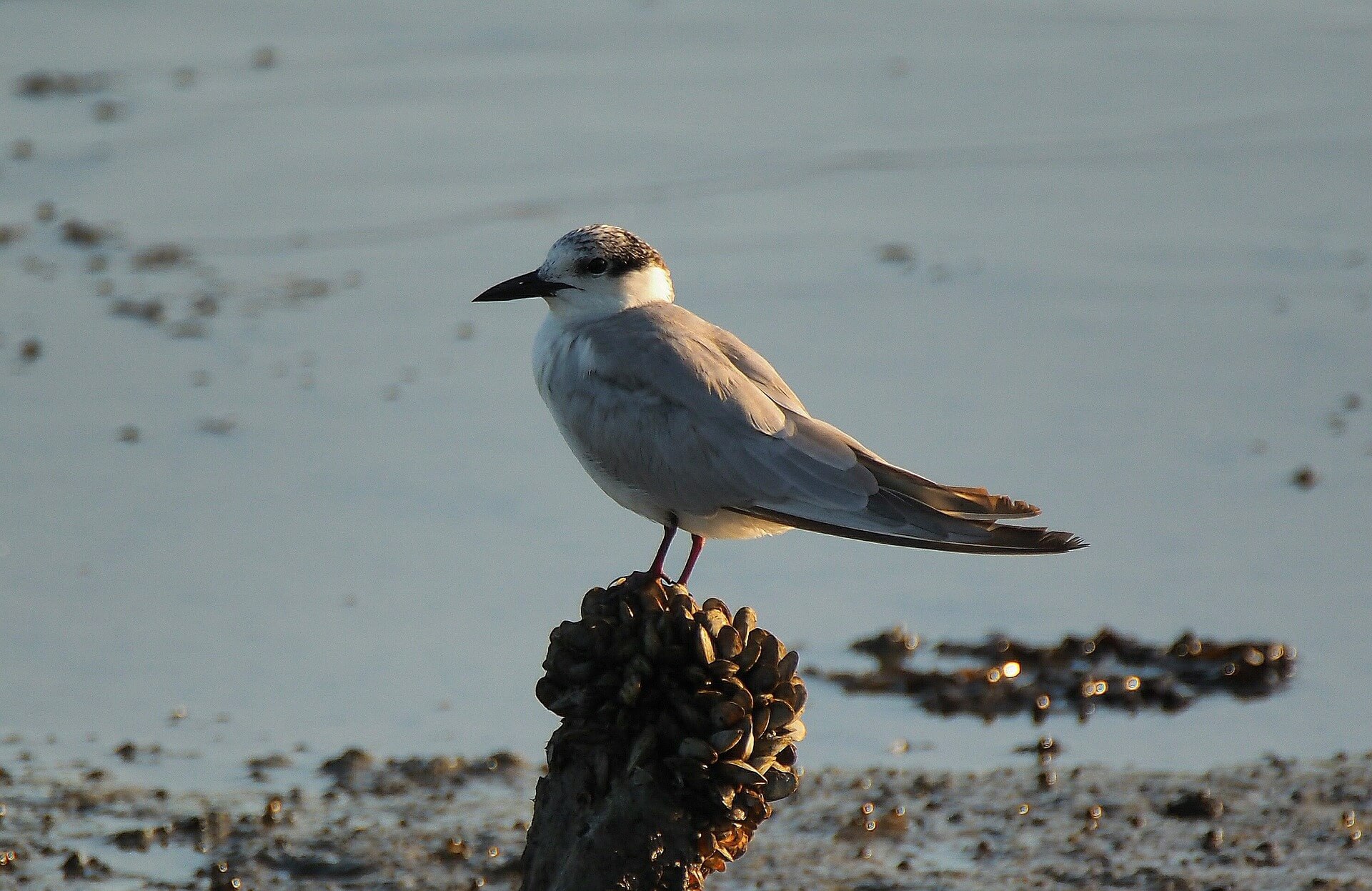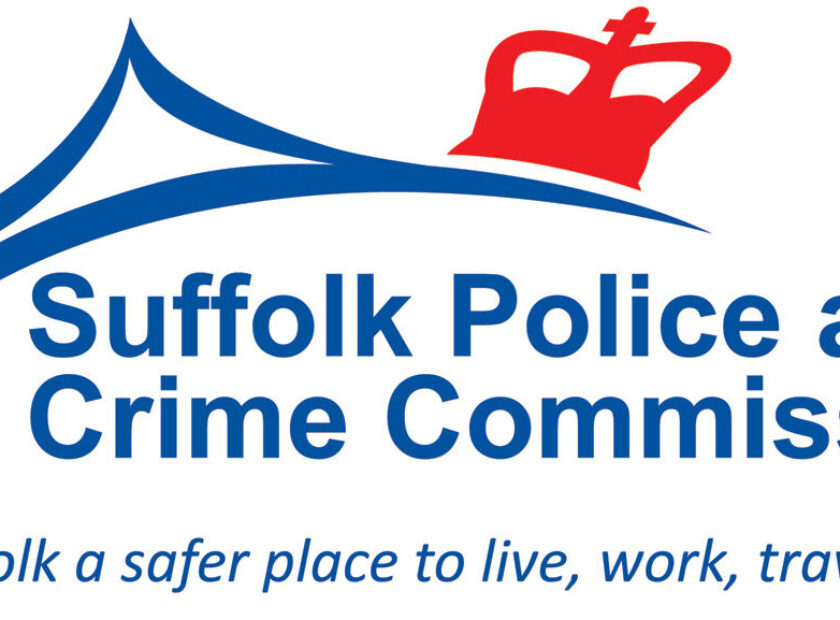
Blyth Valley and Southwold Wildlife Group: February report
Throughout the winter, the Blyth Valley and Southwold wildlife group, organise monthly meetings where they invite guest speakers to present on various topics of interest. Here, Penny Mansfield reports on their latest meeting.
Beach-nesting birds of the East Anglian Coast
Paul Davies, from RSPB, came to the Blyth Valley and Southwold wildlife meeting in February to talk about the range of coastal birds in our region. The main focus was on the endangered Little Tern and Ringed Plover populations, which often share breeding areas.
There are several places where numbers of these birds are doing well, such as Winterton-on-Sea, in Norfolk. Here, abundant food stocks allow the colonies to thrive. Elsewhere, numbers are small, and help is needed if the birds are to survive. Kessingland has been home to little terns, and monitoring and encouragement there will hopefully see a more settled group. Predation is a major cause of nesting failure. Crows and gulls will take what they can. A major predator, the kestrel, can clear a colony in two days. Badgers and hedgehogs will take eggs, but these and all raptors are also protected species, so it is a question of how to discourage or distract them.
Beaches are popular places to walk, and so small areas are protected. Electric and pop-up fences help deter animals and people, and there are even night-time observers during the short but crucial egg and fledgling period when thermal imaging is used, and foxes are quietly encouraged to go elsewhere. On some sand bars, nests are raised onto boxes if a storm surge is predicted, and this has worked surprisingly well.
Paul emphasised the importance of the delicate balance between help and interference. All such activity requires the appropriate permissions, and is carefully monitored. Public information and engagement about the need for protected areas encourages interest from walkers and dog lovers. Paul stressed how essential volunteers and local community involvement are for the future of these colonies, which might otherwise decline.
The passion of those involved with this work was evident, and we left with a clearer understanding of the conservation issues at stake.
Our next meeting is at a different venue: Wenhaston Village Hall, IP 19 9EQ, on Thursday, March 9 th at 7.30pm. Admission is £4, refreshment included. Sam Hanks, the Wilder Landscapes Manager atthe Suffolk Wildlife Trust, will talk about Farming and Wildlife. All are welcome.
Contact us at swtblythvalley@gmail.com






